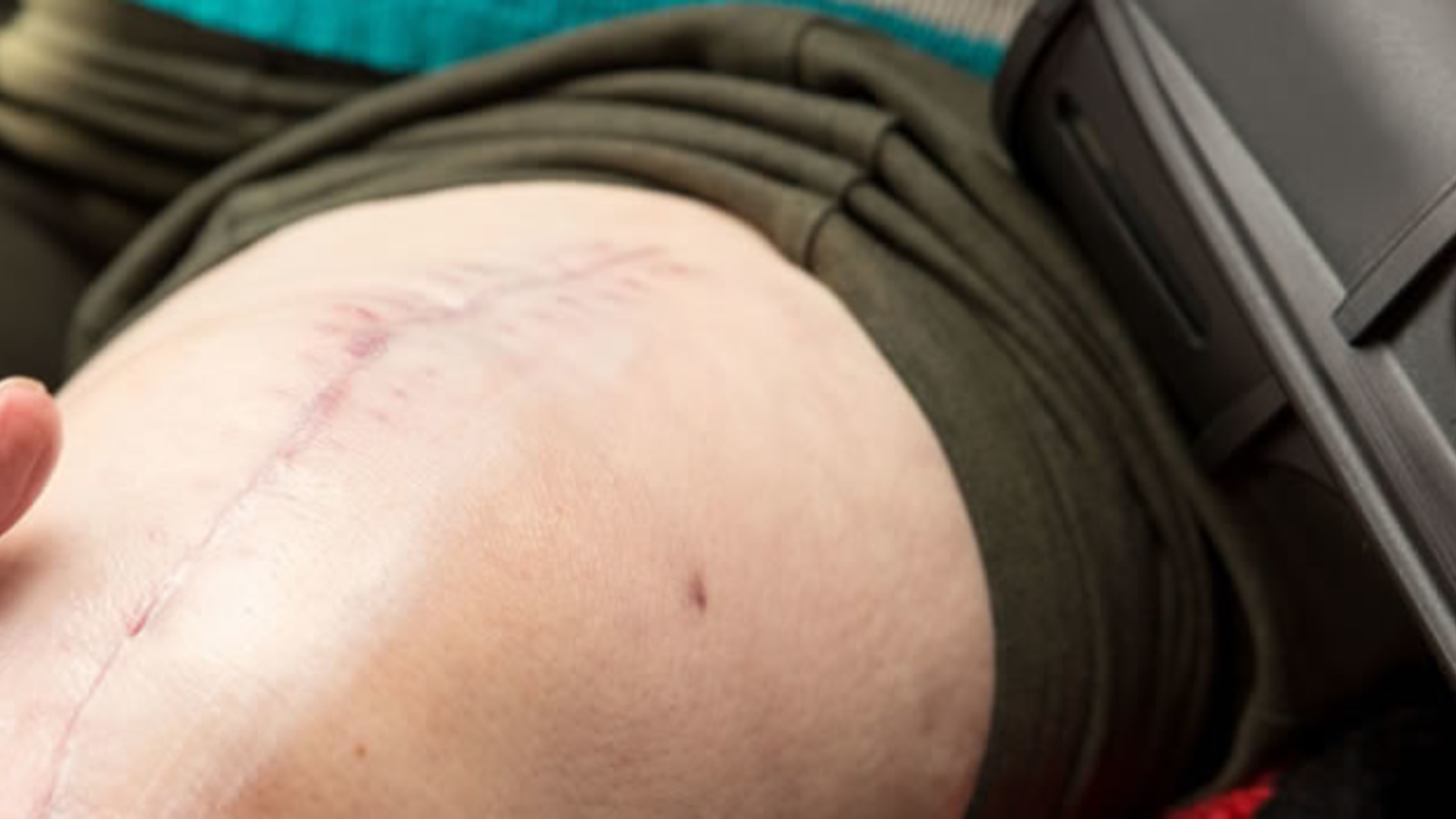Hip and Knee Replacement for Osteoarthritis

About this Priority Setting Partnership
The Hip and Knee Replacement for Osteoarthritis PSP was an initiative between the James Lind Alliance and the National Institute for Health and Care Research (NIHR) Musculoskeletal Biomedical Research Unit at the University of Oxford and the Nuffield Orthopaedic Centre. It was funded by the Oxford NIHR Biomedical Research Centre.
During the course of this PSP it became clear that a similar exercise to establish the unanswered questions around an earlier stage of osteoarthritis would be invaluable. More details of this second exercise can be found on the Early Hip and Knee Osteoarthritis PSP page.
One of the PSP partners was Versus Arthritis, which was interested in identifying future funding priorities in this area. They, together with other influential organisations, such as the British Association for Surgery of the Knee, wanted to base their research funding strategies on the Top 10 priorities from this PSP.
The PSP was co-ordinated by the Oxford NIHR Biomedical Research Centre.
The Hip and Knee Replacement for Osteoarthritis PSP Top 10 was published in April 2014.
Top 10 priorities
- What are the most important patient and clinical outcomes in hip and knee replacement surgery, for people with osteoarthritis, and what is the best way to measure them?
- What is the optimal timing for hip and knee replacement surgery, in people with osteoarthritis, for best post-operative outcomes?
- In people with osteoarthritis, what are the pre-operative predictors of post-operative success (and risk factors of poor outcomes)?
- What (health service) pre-operative, intra-operative, and post-operative factors can be modified to influence outcome following hip and knee replacement?
- What is the best pain control regime pre-operatively, peri-operatively and immediately post-operatively for hip and knee joint replacement surgery for people with osteoarthritis?
- What are the best techniques to control longer term chronic pain and improve long term function following hip and knee replacement?
- What are the long-term outcomes of non-surgical treatments compared with operative treatment for patients with advanced knee/hip osteoarthritis?
- What is the most effective pre and post-operative patient education support and advice for improving outcomes and satisfaction for people with osteoarthritis following hip/knee replacement?
- What is an ideal post-operative follow up period and the best long term care model for people with osteoarthritis that have had hip/knee replacement?
- What is the best way to protect patients from the risk of thrombotic (blood clots, bleeding) events associated with hip/knee replacement?
The following questions were also discussed and put in order of priority at the workshop:
- What are the differences in characteristics between those patients who benefit from knee/hip joint replacement and those who do not?
- What is the most effective Enhanced Recovery Programme for patients with osteoarthritis undergoing knee/hip joint replacement surgery?
- What non-surgical treatments can reduce the need for hip/knee replacement?
- What is the optimum pre-operative management for best outcome for knee/hip replacement for people with osteoarthritis?
- Are patients with a history of metal allergy at risk of poor/failed outcome due to an allergic response to the metal hip/knee implant?
- Are shared decision-making support (aids) for guiding patient choice of hip/knee replacement effective (and cost effective) in managing patients with hip/knee osteoarthritis?
- What is the best type of prosthesis/implant for best and safest outcomes?
- What factors contribute to deterioration and post-operative stiffness following knee/hip joint replacement surgery?
- What is the cost-effectiveness of knee/hip joint replacement and the best financial model for the management of patients with osteoarthritis?
- Does attendance at a pre-operative 'hip/knee school' reduce the length of post-operative stay in people with osteoarthritis undergoing knee/hip joint replacement?
- What causes and what is the best treatment for prolonged orthostatic hypotension in patients following hip/knee replacement surgery?
Document downloads
For more details of the Top 10 questions identified by this PSP, please see the document below.